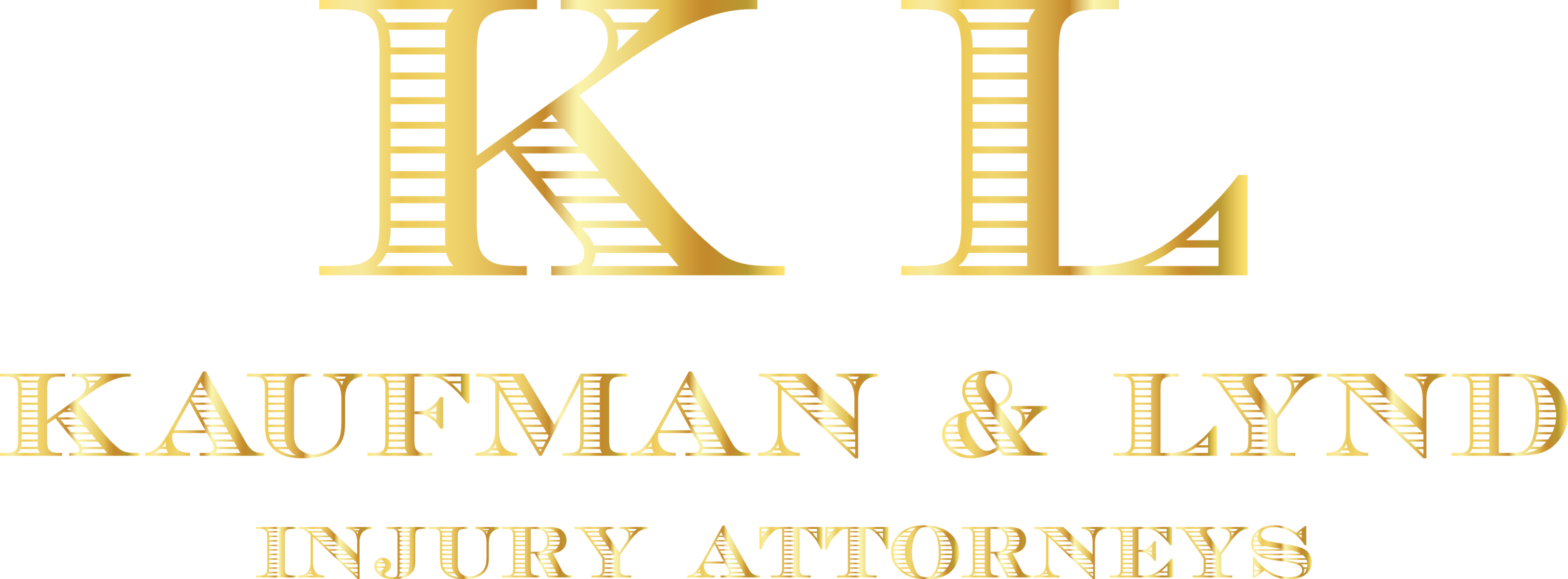Truck Accident Law: What You Need to Know
Truck accidents are some of the most dangerous events on America's highways. If a commercial trucking accident has affected you or someone you love, you need to learn about your avenues for legal compensation.
Standards for Commercial Drivers
Commercial trucking laws regulate the conduct of drivers and the responsibilities of owners. Managed by the U.S. Department of Transportation and the Federal Motor Carrier Safety Administration, these federal regulations are available in Title 49 of the Code of Federal Regulations. In addition to federal guidelines, every state has a department of transportation, which is responsible for trucking regulation within that state.
In some cases, an accident may be caused by misconduct on the part of the driver. It may also be caused by mismanagement by the owner. Consider the regulations below to see if they relate to your accident.
Commercial drivers licenses: Drivers must obtain a special license. The regulations vary by state, but if the driver does not hold the correct license, that can be considered a factor in any accident
Rest periods: Commercial truckers have strict hours to ensure that they do not get sleepy at the wheel. If drivers do not take sufficient breaks, it can make them legally culpable.
Maximum weight: Trucks with a single axle can haul 20,000 pounds. Two-axle trucks are certified to carry 34,000 pounds. When trucks are overloaded, they become harder to control. Check to see the last time the truck in question was weighed for your case.
Maintenance: Some accidents are the fault of the trucking company for failing to provide sufficient repairs. Others may be caused by the manufacturer overlooking key safety features.
Hazardous waste: Hazardous materials must be shipped according to specific guidelines. If an accident results due to a violation of these guidelines, the driver and owner may be held accountable.
The Burden of Liability
For a successful case, it is necessary to prove that the driver or owner is liable. Although the driver is behind the wheel, the company is responsible for the conduct of its employees.
Liability can be proven by showing that the driver or owner was negligent. To do this, you must prove that laws were broken. This legal concept is known as "negligence per se." If the driver did not take a rest break as necessary, then the legal precedent is clear.
Negligence can be proven in other ways. For example, if the owner hired a driver with multiple driving infractions, then there is a case for negligence. To see if your case has the necessary components to prove liability, consult a truck accident lawyer.
Receiving Damages
Your legal case is not just about proving culpability. It is also about compensation. These damages are designed to mitigate the physical, emotional and monetary cost of an accident.
Medical expenses: This can cover ambulance fees, doctor appointments, hospital stays, ongoing care and more.
Pain and suffering: Accidents can lead to ongoing pain and mental distress. This can include anxiety, chronic pain and stress.
Lost wages: Serious accidents can make you miss work. Damages can reimburse you for missed days of work.
Lost earning capacity: After an accident, you may not be able to perform your job as you did prior to the accident. This loss of future wages can be awarded as part of your damages.
Special damages: Other damages may be considered. These general damages are included here.
Learn More
While most car accident can be severe, when you get hit by a vehicle that may weigh over twenty times your own car, there can be many legal problems that differ from a regular accident.
Throughout America, thousands of accidents involving large commercial vehicles occur each year, and these accidents often result in serious injuries and even fatalities.
If you are the victim of a trucking accident, you have the legal right to file a lawsuit. A consultation with a personal injury attorney determines whether you have a legitimate case.

